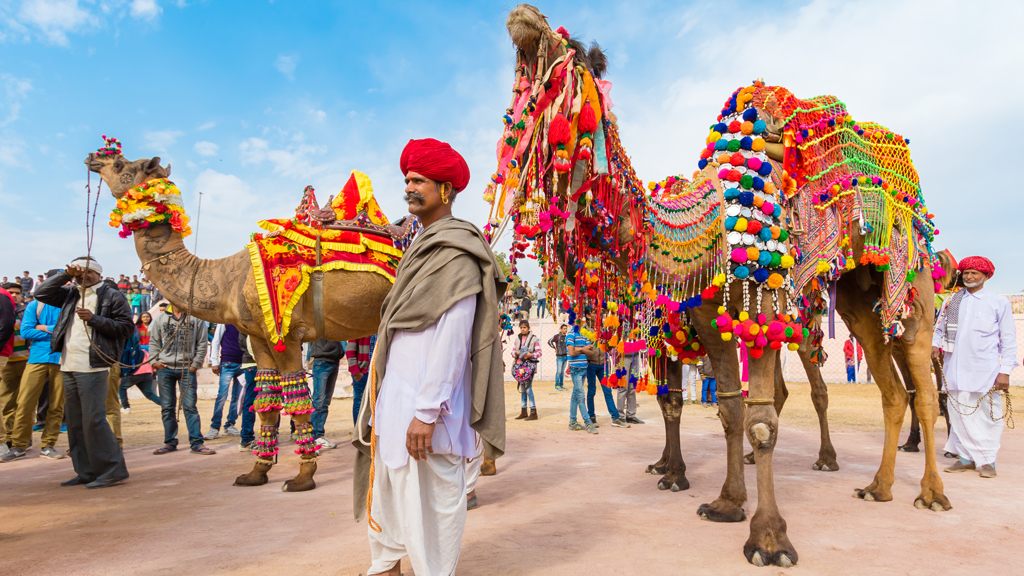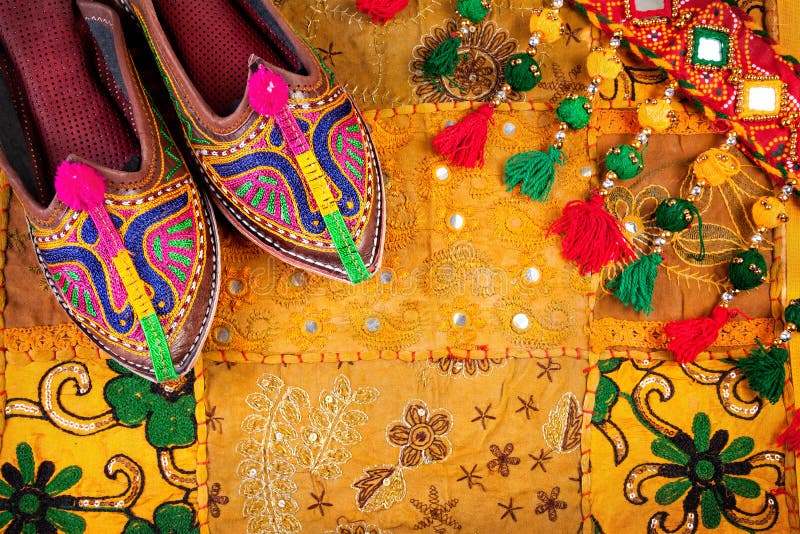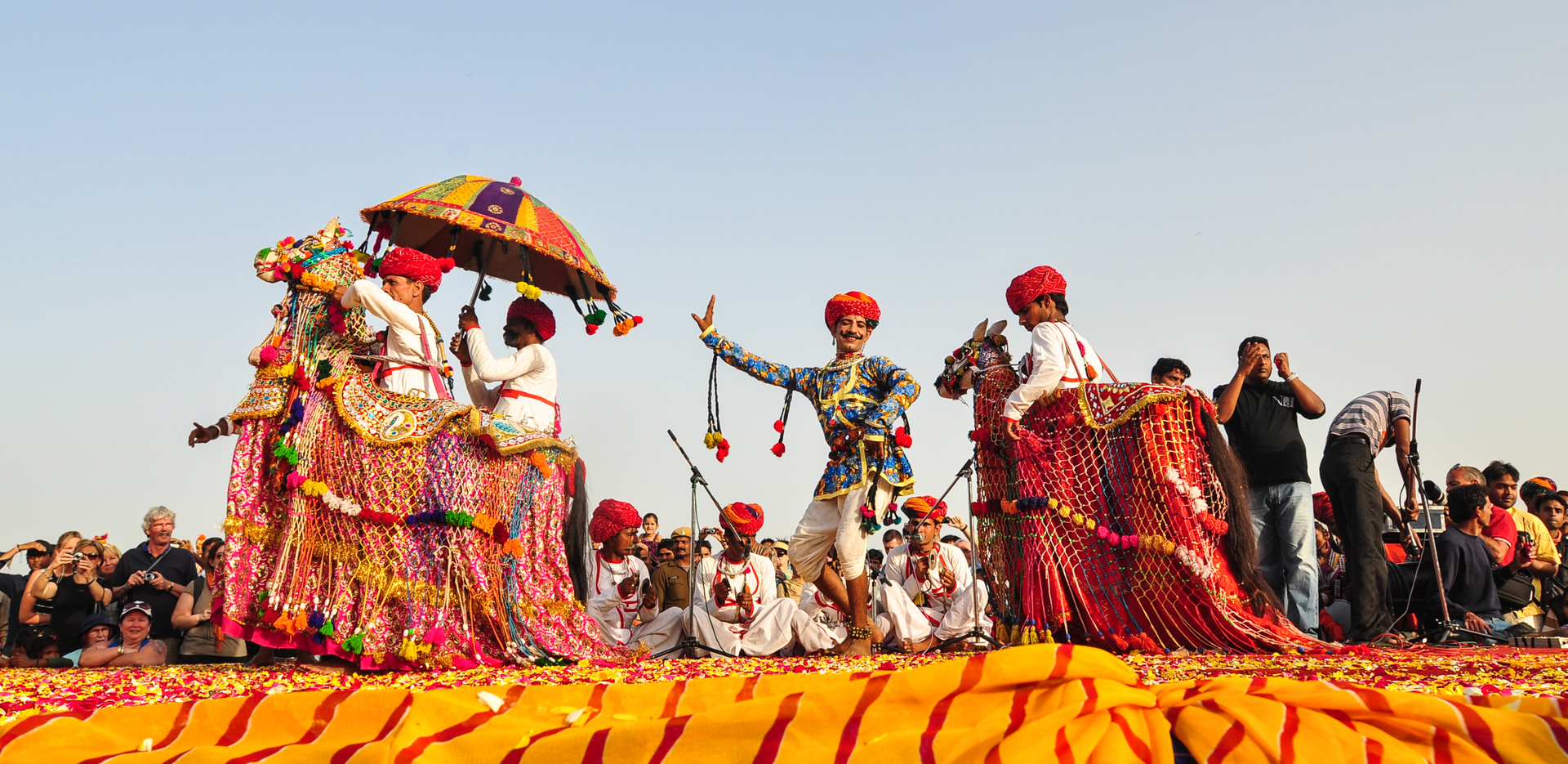Why Rajasthan is rich in Heritage
Rajasthan is rich in heritage because of its long and fascinating history that spans over several centuries. Rajasthan was ruled by several powerful kingdoms, including the Rajputs, the Mughals, and the Marathas, each of which left their mark on the region's art, culture, and architecture.
One of the most prominent examples of Rajasthan's rich heritage is its magnificent forts and palaces. These architectural marvels were built by the various rulers of the region to showcase their wealth, power, and prestige. Some of the most famous forts and palaces in Rajasthan include the Mehrangarh Fort, the Amber Fort, the City Palace, and the Hawa Mahal, to name a few.
Apart from forts and palaces, Rajasthan is also known for its vibrant culture, which is deeply rooted in the region's rich history. The state is known for its colorful folk music, dance, and art, which have been passed down through generations. The traditional costumes, jewelry, and crafts of Rajasthan are also a significant part of its heritage.
Rajasthan is also home to several religious and spiritual sites, including temples, mosques, and gurudwaras. Many of these sites are ancient and have deep historical significance, making them an important part of Rajasthan's rich heritage.In conclusion, Rajasthan's rich heritage is a testament to its glorious past and the many powerful kingdoms that have ruled the region over the centuries. The state's forts, palaces, culture, and religious sites are all significant parts of its heritage and make Rajasthan a must-visit destination for anyone interested in history, culture, and architecture. Furthermore, Rajasthan's rich heritage is also reflected in its traditional cuisine, which is known for its unique blend of spices and flavors. The state's cuisine is influenced by the Mughal, Rajput, and Maratha cuisines and is known for its mouth-watering dishes like dal bati churma, gatte ki sabzi, laal maas, and ker sangri.
Rajasthan's rich heritage is also evident in its traditional festivals and fairs, which are celebrated with great enthusiasm throughout the year. Some of the most famous festivals of Rajasthan include the Pushkar Fair, the Desert Festival, and the Gangaur Festival. These festivals are a celebration of the state's rich cultural heritage and provide a glimpse into its vibrant traditions and customs. Apart from its forts, palaces, culture, and cuisine, Rajasthan is also home to several wildlife sanctuaries and national parks, which are an important part of its heritage. These protected areas are home to a wide variety of flora and fauna, including tigers, leopards, elephants, and several species of birds. In summary, Rajasthan's rich heritage is a result of its glorious past, which has left an indelible mark on the region's art, culture, architecture, cuisine, and traditions. The state's heritage is a source of great pride for its people and continues to attract tourists from all over the world who come to experience its magnificent forts, palaces, festivals, and wildlife sanctuaries. In addition to the above mentioned points, Rajasthan's rich heritage is also seen in its exquisite handicrafts and textiles. The state is known for its traditional block-printed textiles, embroidered garments, pottery, and jewelry, which have been crafted using techniques that have been passed down through generations.
The state's handicrafts and textiles are not only beautiful but also serve as an important source of livelihood for many communities in Rajasthan. Many of these crafts are produced in rural areas, where they provide employment opportunities and help preserve traditional crafts and techniques. Rajasthan's rich heritage has also contributed to the growth of tourism in the state. Millions of tourists visit Rajasthan every year to experience its rich history and culture, which has resulted in the growth of the tourism industry and the development of tourism infrastructure. In recent years, the government of Rajasthan has also taken several initiatives to preserve and promote the state's rich heritage. This includes the restoration of ancient monuments, the promotion of traditional arts and crafts, and the development of sustainable tourism practices. In conclusion, Rajasthan's rich heritage is a reflection of its glorious past, which continues to inspire and fascinate people from all over the world. The state's heritage is a source of pride for its people and a testament to the region's rich history and culture.







Social Plugin